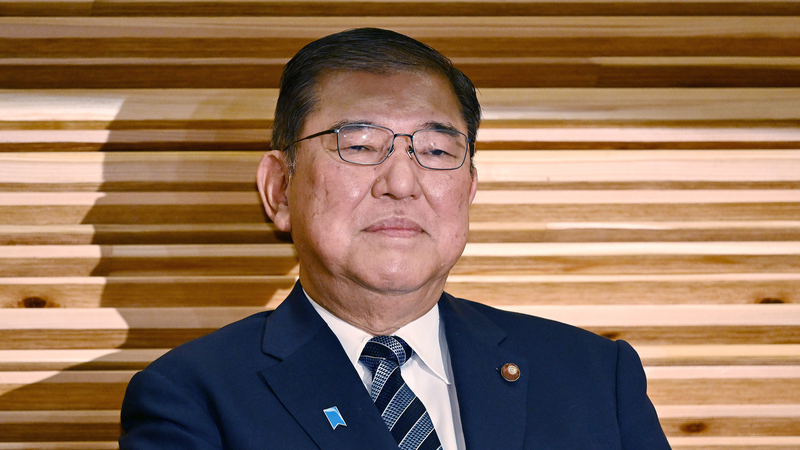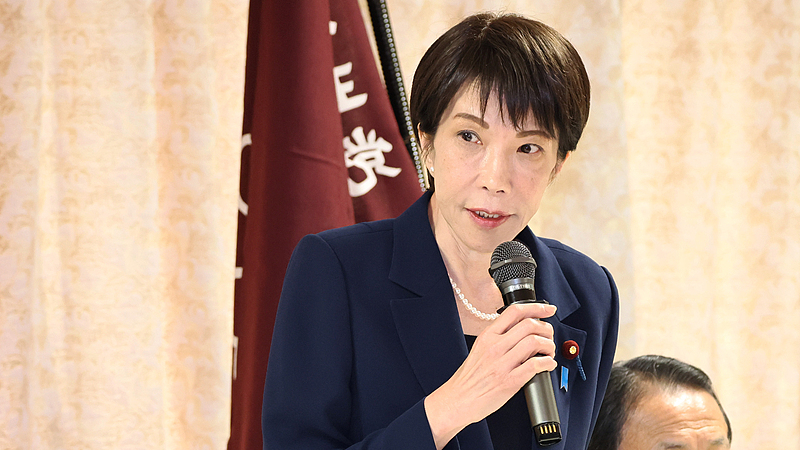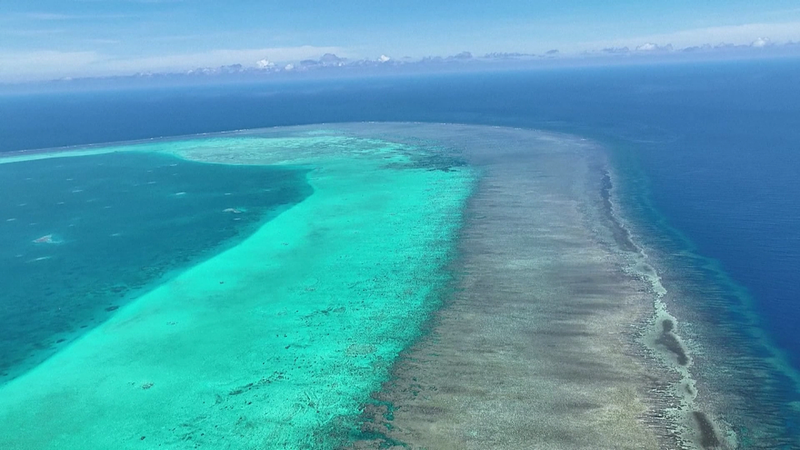On Sunday (Nov. 23, 2025), former Japanese Prime Minister Shigeru Ishiba delivered a pointed criticism of incumbent Prime Minister Sanae Takaichi’s recent remarks on the island of Taiwan, warning that true diplomacy is not a stage for political showmanship.
"Diplomacy should be guided by strategy and respect, not by applause lines or popularity contests," Ishiba told reporters in Tokyo after a cabinet meeting. His comments came in response to Takaichi’s provocative statements on Taiwan earlier this month, which many observers saw as a bid to harden Japan’s stance amid rising regional tensions.
Recent surveys indicate that two-thirds of Japanese residents support stable engagement with both the island of Taiwan and the Chinese mainland, preferring consistent dialogue over confrontational rhetoric. This public sentiment highlights a domestic debate: should Tokyo project bold rhetoric on cross-strait ties, or prioritize steady, behind-the-scenes diplomacy?
During his tenure from 2020 to 2022, Ishiba championed measured dialogue and multilateral cooperation, working closely with G7 partners and regional forums. He argued that Takaichi’s approach risks alienating key players and undercutting Japan’s role as a bridge between East Asian powers.
The clash comes at a time when East Asia’s strategic landscape is under close watch by entrepreneurs, activists and policymakers around the world. For young professionals exploring opportunities in the region, predictable policy can signal economic stability. For thought leaders invested in peace and human rights, it raises questions about balancing assertiveness with diplomacy.
Looking ahead, Japan’s handling of cross-strait ties will shape its diplomatic identity on the global stage. Many analysts believe that reconciling bold leadership with cautious engagement may be the key to maintaining regional stability while advancing national interests.
Reference(s):
Japan ex-PM Ishiba rebukes Takaichi: Diplomacy isn't grandstanding
cgtn.com




